False Discovery Rate and Correction for Multiple Comparisons in Linkage Disequilibrium Genome Screens
Chiari Sabatti, Susan Service, and Nelson Freimer
Population based linkage disequilibrium genome screens represent one of the most recent approaches for the localization of genes responsible for complex diseases. One open problem in this context is represented by the definition of an appropriate significance threshhold that takes into account the multiple comparison problem. We explore the conceptual and practical implications of the multiple testing procedure known as False Discovery Rate (FDR). We argue that controlling the FDR better represents the interest of researcher in this area than more traditional approaches. We then explore the applicability of the Benjamini-Hochberg (BH) FDR controlling procedure in the specific context of association mapping from case-control data. We analyze the nature of dependency between the test statistics with analytic work and simulations and we conclude that the BH rule effectively controls FDR in our context of interest. The dependency between test statistics translates into a decrease of power, which highlights the necessity of developing resampling based rules to control FDR.
2002-09-01

